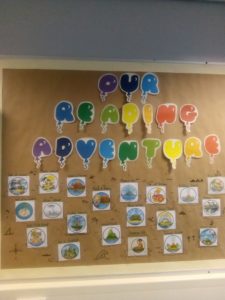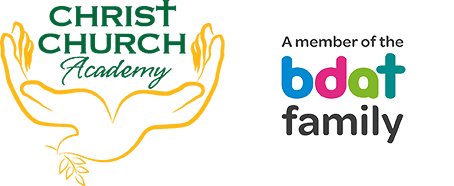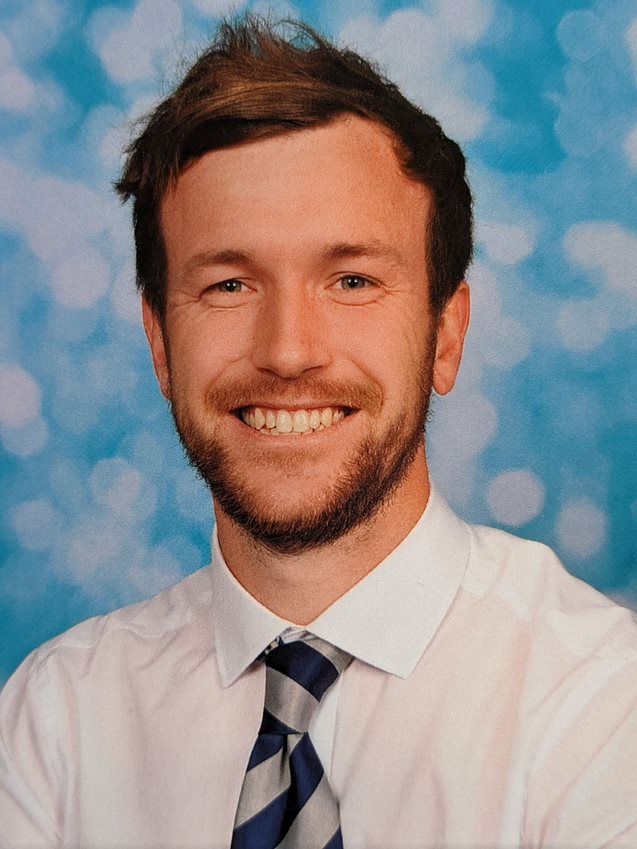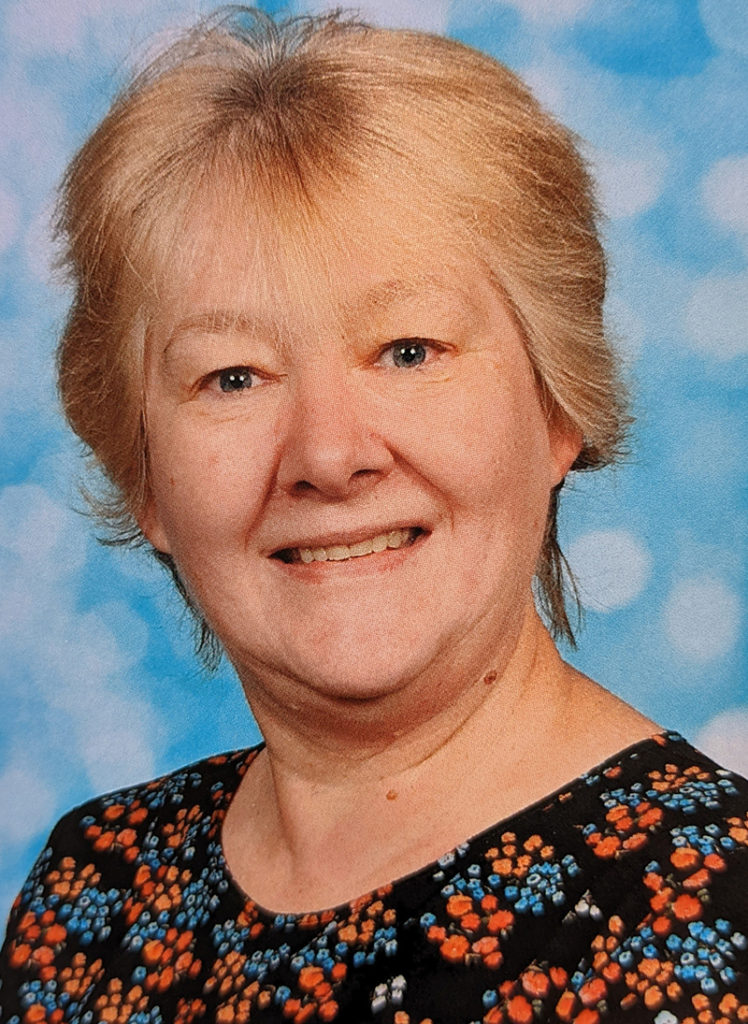Welcome to Year 3
Class teacher: Mr Dow
Teaching Assistant: Mrs Holdsworth
We have a Big Question in each class. Our Big Question is;
How has the world around us shaped us as communities??
Each lesson in Year 3 begins with a question, which helps us to develop our understanding and show our learning. These questions each tie into our termly learning, and our Big Question to answer at the end of the year.
Throughout the year, children use curiosity to follow the development of humans as they progressed from living as individuals to communities, and discover how changing climates and landscapes affect both survival and relationships. We will also consider how living in groups informs decisions and perspectives, and what we can learn about other communities. Children will consider how they can positively impact our local community and the wider world through compassion and understanding.
Our PE days are Tuesday & Thursday
Children enjoy two hours of PE throughout the week. PE is every Tuesday and Thursday in Year 3, and we encourage pupils to come to school dressed in their School PE Kit.
Religious Education
In RE, we will continue to develop our understanding of Christianity. Informed by our own experience of the world, we will use these to make connections to the Bible and learn more about Jesus’ message. We will also learn about Hinduism, and tie this throughout the curriculum.
Our Class Prayer
A Safe Place for All:
May our town be a safe place; by day and by night,
For young and for old, for rich and for poor,
For people of every colour and every faith,
May we be a community. Amen.
What do Christians learn from the Creation Story?
Pupils will learn about the Creation Story and that God tasked humans to be the stewards of the Earth, and reflect about how they can care for God’s world.
Children will learn about the Ten Commandments, and why it is important to follow guidelines. Pupils will also learn about the importance of Forgiving and Forgiveness, and reflect on how these impact our day-to-day lives.
What are the Deeper Meaning of Festivals?
Pupils will learn about the Hindu festival of Diwali, and compare this with the Christian festival, Christmas. Pupils will consider how each faith uses symbols, stories and rituals to celebrate and learn about their faith. Children will reflect how these festivals bring communities together, both at home and in places of worship.
What type of World did Jesus want?
Pupils learn about Jesus’ teachings of living with generosity and understanding, and explore parables which show this. Pupils will ask how they can show these qualities in their own lives, and how this can positively impact wider society. Pupils will also consider how other figures show generosity and understanding in their own lives.
Why do Christians call the day Jesus dies ‘Good Friday’?
Pupils will learn about the Holy Week, Jesus’ Crucifixion and his Resurrection. They will learn about the symbols and rituals in this story, and how these are reflected for Christians today.
When Jesus Left, what was the Impact on the Pentecost?
Pupils will learn about the story of the Pentecost and Jesus’ Ascension, and use different Bible Readings to show how Jesus wanted to live. Pupils will engage with the Fruits of the Spirit passage, and consider how this could impact their actions.
What does it mean to be a Hindu in Britain today?
Pupils will learn that Hinduism is one of the world’s oldest and largest religions, and that many Hindus have a place of worship in their home as well as at their place of worship, a Mandir. Pupils will learn about the key beliefs of a Hindu, and the importance of symbols in worship.
PHSE
Pupils access weekly PSHE lessons, which focus on developing socio-emotional skills. In these sessions, pupils are also able to raise any concerns or suggestions to the class teacher and the school council members.
Reading, Writing and Spelling
 In Year 3, pupils begin to take ownership of their reading journey through the Accelerated Reading Programme. Pupils read their books at home and school, and then exchange them in class after taking a book quiz in school.
In Year 3, pupils begin to take ownership of their reading journey through the Accelerated Reading Programme. Pupils read their books at home and school, and then exchange them in class after taking a book quiz in school.
Children are read with regularly by adults in school, either as individuals or as part of their Reading Skills lessons, in which they enjoy a variety of texts based on areas of learning across the curriculum.
Spelling in Year 3 uses the Oxford Owl scheme, in which pupils use and apply their spelling knowledge in a variety of ways. Year 3 pupils access daily reading Reading Skills lessons, in which they study books from across the curriculum, solidifying their understanding in subjects.
Children begin to enhance their writing skills in Year 3, and aim to gain their Handwriting Pen License by the end of the year. In English Lessons, pupils respond to a class-text, and begin to structure their fiction and non-fiction writing using paragraphs, conjunctions, adverbials and inverted commas. Pupils are also encouraged to edit their own writing using proof-reading and self-corrections.
Maths
In maths, pupils learning journey has been strategized to best help the children. Pupils learn their 3, 4, and 8 times tables and practice these daily in class. In Year 3 we follow the national curriculum and school’s maths plan, and also self-reflect on our achievements and targets at the end of each lesson.
Pupils are encouraged to practice their at home using Times Table Rockstars and MyMaths.
Science
Our aim in science to build on pupil’s curiosity about their world, and encourage them to inquire scientifically by asking and answering their own questions through predictions, data collecting, investigating and experimenting. In Year 3, we access different schemes and programmes to enthuse pupils in their learning, such as STEM Ambassadors and Blue Peter. Each half-term we focus on a new subject and a new scientist whose studies link into our learning, and ensure that asking questions is at the heart of our learning.
What is our world made from?
What is light and how do we use it?
What is a magnet and how are they used?
Why are plants important?
Rocks Revisited: do volcanoes only destroy?
What am I made from and how does my body work?
History and Geography
Our learning journey begins in the Stone Age, as we question how people survived and why people began to settle down and live in communities. As we delve into the Bronze Age, we question how weapons altered day-to-day life and the how tribes began to take ownership of their landscapes.
Our journey then takes us into the Iron Age, and we begin to look at archaeological evidence found in our local community, and consider how the landscape is suited to Iron Age living.
Finally, we move into the Invasion of the Romans, Boudicca’s rebellion and the Impact the Romans had on Britain.
Art and DT
Our studies in Art and DT tie in closely to our History and Geography learning in order to establish solid learning connections in pupils.
Each half term we focus on a project or artist to guide our learning.
We engage with different materials and techniques, including using pencils, collaging, pastels and watercolours, printing, sewing, baking and exhibiting our work.
Music, French and Computing
Children enjoy weekly Singing Worships as a whole school, and in class access regular music lessons in class.
In French sessions, children learn to hold a short conversation with a partner using greetings, numbers, colours, fruit and time.
Our computing lessons focus on creating a love of coding and creating, as we create our own films, animations, and poll-casting.
Learning Experiences
To develop pupil’s learning and solidify understanding, Year 3 enjoy a number of Learning Experiences throughout the year. These range from visitors, visits and experience days.
- Autumn 1 – Shelter Building Day
- Autumn 2 – Visit the Science & Media Museum: Light It Up science show
- Spring 1 – Archaeology Day and Peaceful Citizens experience
- Spring 2 – Visit Shipley Glen and Brackenhall: Searching for Evidence of Bronze and Iron Age
- Summer 1 – Build an Erupting Volcano
- Summer 2 – Royal Armouries Workshop: Boudicca’s Revolt


